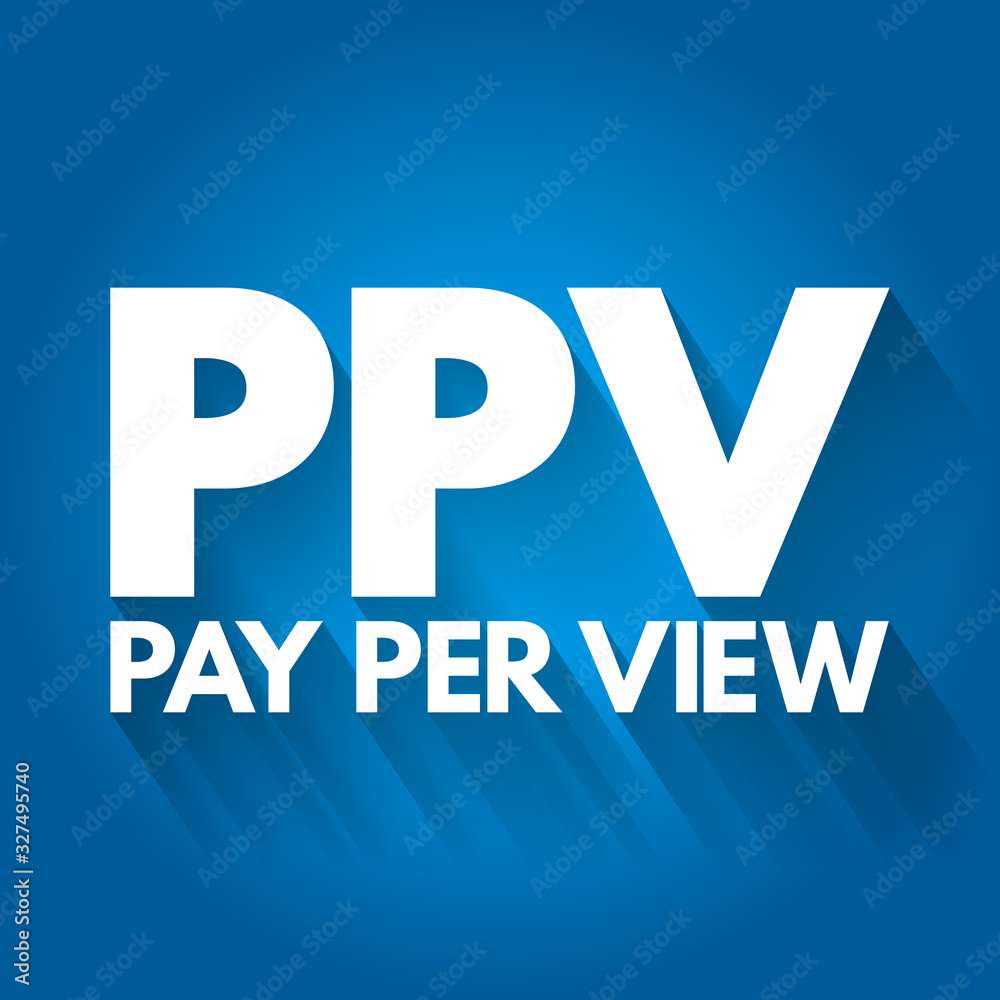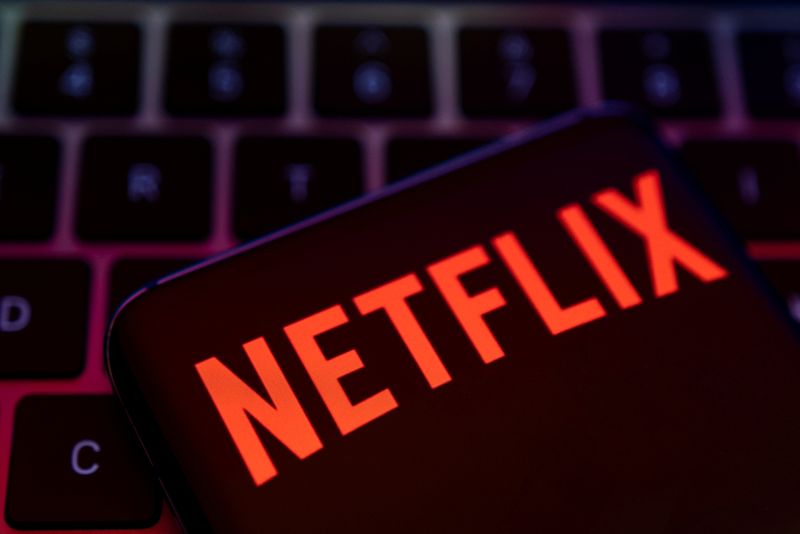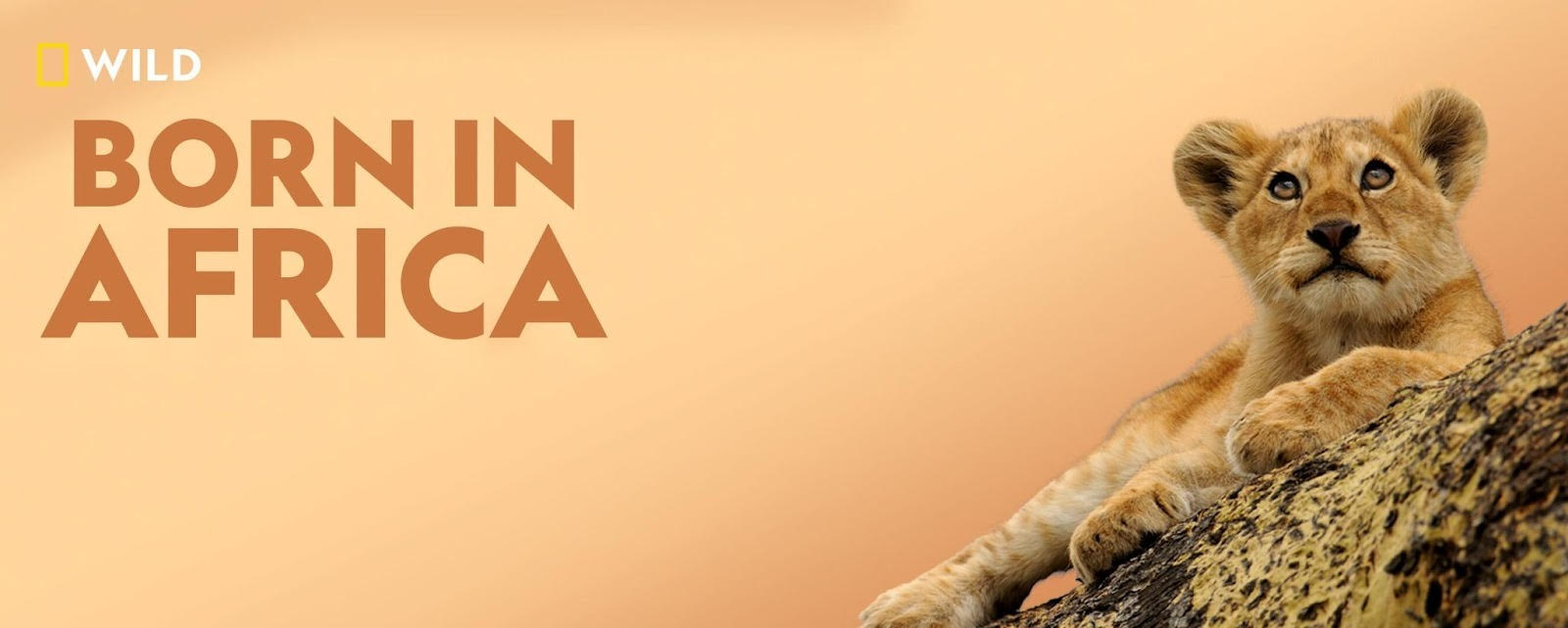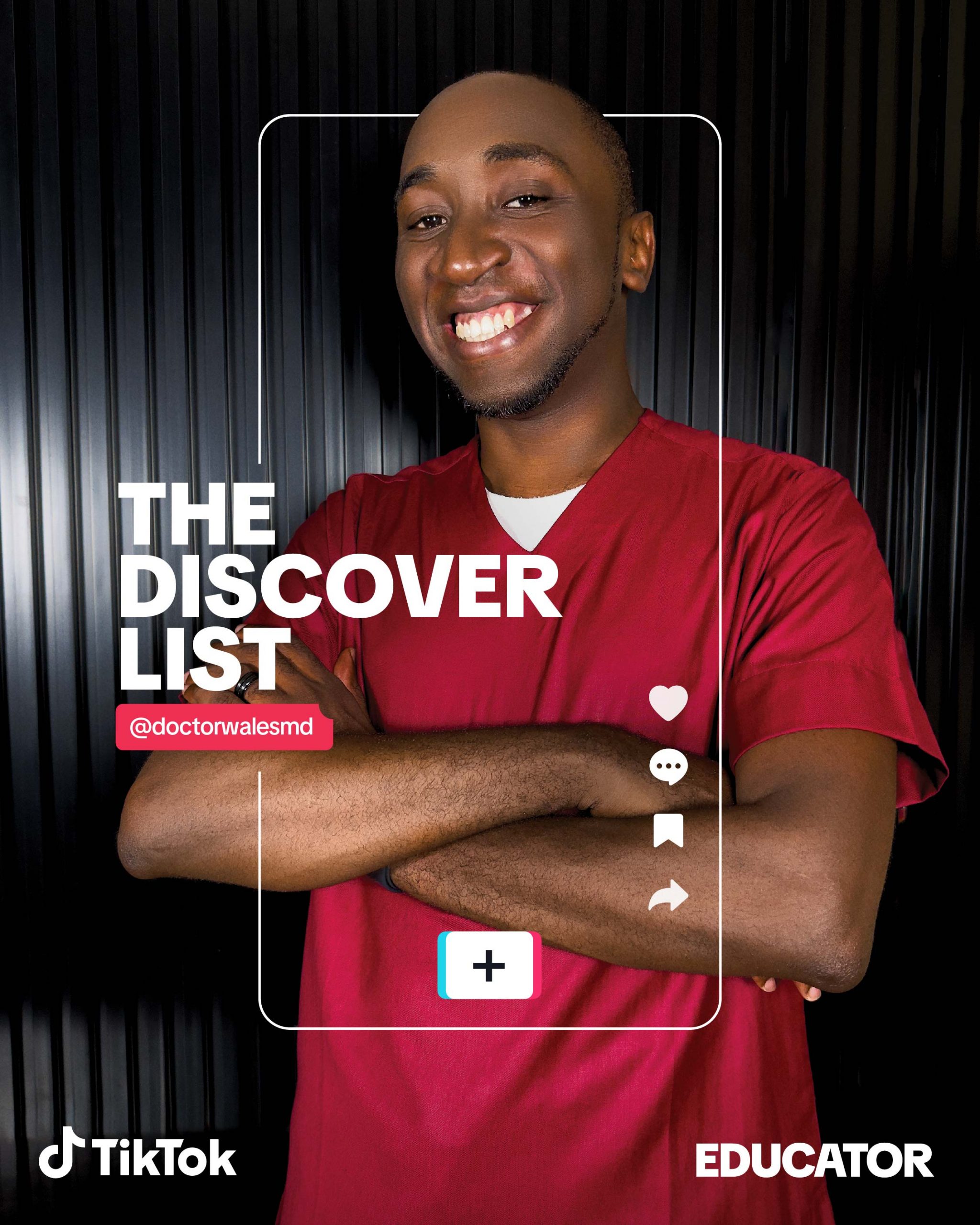Showbiz
You Are Too Poor for Pay-Per-View

It is 8:30 pm on a Saturday. You have fought your way through Lagos traffic, spent too much on suya that burns more than it pleases, and finally settled in to watch the Champions League final. But nothing comes easy. Your options are limited, and none of them make sense.
First, there is PHCN. Whether you are Band A or B, you are gambling that the light stays long enough to catch the final whistle. It rarely does. Next, your rusty generator. With fuel costing between N900 and N1,000 per litre, keeping the lights on through the match will cost at least N10,000.
Then there is online streaming. Between expensive data and Nigeria’s unpredictable internet, you might spend N5,000 or more only for the stream to freeze just as Lamine Yamal winds up for a shot. Now add the cost of the actual pay-per-view fee. All these troubles and expense for three hours of content that might be disrupted anyway.
Here is the part many people still do not understand. Pay-per-view is not just another subscription model. It is a separate service where viewers pay an additional one-time fee to watch exclusive live events. These are not your average football matches or soap operas. PPV is for blockbuster fights, high-stakes UFC showdowns, or exclusive concerts. You pay once, you watch once, and that is it. It is not Netflix, it is not YouTube, and it certainly is not DStv Catch-Up.
In fact, Pay-TV like DSTV does not even offer PPV. Let that sink in. If you are watching a Champions League final or a UFC main event, you are not paying extra. You are watching it as part of your existing subscription. No hidden or additional charges. No tricks. Just the monthly bouquet, a stable signal, and whatever power source you can afford that evening.
So, when people scream, “Why can’t we have PPV like abroad?”, they miss the plot. Abroad, PPV can cost $80. Here, that’s half your salary. Meanwhile, DStv bundles the same content into your monthly plan. That’s a steal, not a scam.
Let’s do the math. A N100,000 PPV ticket, which is less than the average of $80 (N130,000), is more than two to three months of DStv subscription or a whole year of GOtv. For a country where the minimum wage is N77,000 and salaries barely cross N200,000, that’s not premium access. That’s financial suicide.
Please forget comparisons to the US or UK. Over there, $80 is lunch money. Over here, it’s food, transport, and school fees. Systems differ. Wallets do too.
The truth? Hardly anyone in Nigeria is paying for PPV, because they don’t have to. TV is already made accessible with our Pay-TV. So, before you attack broadcasters, remember where the real problem lies. The Naira is in free-fall, inflation is wild, and income is stuck. Access isn’t the issue. Affordability is.
So, the next time you are tempted to go online and shout about how Nigeria deserves real PPV, take a step back. Ask yourself if you can genuinely afford it without going hungry for two weeks. If the answer is no, then it is time to renew your regular subscription, plug in your rechargeable fan, and pray for NEPA. Because in Nigeria, PPV is not a right. It is a reckless indulgence.
Showbiz
Netflix Walks Away from Warner Bros Deal After Paramount’s Huge Offer

By Adedapo Adesanya
Streaming giant, Netflix, has backed away from its proposal to buy Warner Bros Discovery, clearing the way for Paramount Skydance to win the long battle for one of Hollywood’s most storied studios in a deal worth over $100 billion.
Warner Bros, which announced it was up for sale last year, said Paramount’s latest bid was “superior” to the one from Netflix, which in turn refused to raise its offer.
Paramount, which has been insistent regarding the deal, would also need approval from the US Department of Justice as well as European regulators.
Netflix executives say they have declined to match Paramount’s bid as “the deal is no longer financially attractive” at that price.
The buyer would gain control of the iconic studio along with its films and media networks.
The takeover has been touted to significantly reshape the global media landscape, which includes the streaming market.
Last December, Warner Bros agreed to a takeover offer from Netflix for some of its assets, in a deal worth roughly $82 billion, including debt.
Paramount then made a rival proposal, which was refused by Warner Bros, but an increased offer was made earlier this week, boosted by $1 per share.
“The transaction we negotiated would have created shareholder value with a clear path to regulatory approval,” Netflix co-chief executives Ted Sarandos and Greg Peters said in a statement. “However, we’ve always been disciplined.”
“This transaction was always a ‘nice to have’ at the right price, not a ‘must have’ at any price,” the Netflix executives added.
The announcement came just hours after Mr Sarandos had visited the White House on Thursday.
The development marks the possible end of the saga that saw offers and refusals and could possibly change the global streaming market as Paramount is backed by some of the biggest names in the industry, including Oracle owner, Mr Larry Ellison.
Showbiz
Why Wildlife Shows Hook Us: The Allure of NatGeo Wild

There is something undeniably captivating about wildlife documentaries. The moment a predator locks eyes with its prey, the awe of seeing animals in their natural habitat, the thrill of nature’s drama playing out in real time. These are experiences that rein us in and refuse to let go. NatGeo Wild doesn’t just show the wild; it invites us to feel it, understand it, and marvel at it.
What is it about the wild that keeps pulling us back, no matter how many times we watch?
The Explorer in All of Us
At our core, we are wired much like the animals we watch. Curiosity drives us the way it drives a leopard to investigate a sound in the distance. Wildlife shows activate that instinct. We scan scenes like hawks from above, reading body language, anticipating danger, noticing subtle shifts in behaviour. In these moments, we’re more than viewers; we’re explorers, investigators, and sometimes even adventurers.
It’s a way to witness danger safely. A way to test our instincts and a way to connect with the power and beauty of the natural world, all from the comfort of home.
The Comfort of Nature’s Stories
Nature may be ruthless, but it is rarely random. Like a herd moving in rhythm or a pack operating with purpose, wildlife shows follow a structure we instinctively understand: predator and prey, threat and escape, loss and resilience.
Within a single episode, chaos settles into balance. Even in harsh environments, there is order just as there is in the wild. That predictability offers comfort, reminding us that survival follows rules, patterns, and rhythms older than humanity itself.
NatGeo Wild Shows That Keep Us Glued to the Screen
Over the years, NatGeo Wild has mastered the art of storytelling that moves like nature itself, quiet when it needs to be, explosive when it matters most. These are not just documentaries; they are immersive experiences that sharpen the senses and stir instinct.
Africa’s Deadliest
Step into the African wilderness, where survival is a daily contest of speed, strength, and strategy. Africa’s Deadliest introduces us to predators that hunt with the patience of chess players and the precision of seasoned warriors. From crocodiles lying in wait beneath murky waters to lions coordinating attacks across the savannah, each episode breaks down how instinct, timing, and dominance decide who eats and who doesn’t.
Wild, Smart and Deadly
Wild, Smart and Deadly is where brains meet brawn in the animal kingdom. This series delves into the intelligence behind nature’s deadliest hunters, showcasing creatures that use strategy, cunning, and sheer wit to survive. From octopuses escaping predators with mind-blowing tricks, to predators setting up elaborate ambushes, every episode reveals how survival in the wild is a high-stakes chess game. Watching it feels like witnessing nature’s most elite tacticians at work, where one smart move can mean the difference between life and death.
Born in Africa
In the wild, birth is only the beginning. Born in Africa follows young animals from their first breath into a world that offers no mercy. Every stumble, chase, and lesson learned is part of a race against time. From a giraffe learning to stand within minutes to lion cubs discovering the rules of dominance, the series captures vulnerability, growth, and resilience in its purest form.
Wild Mediterranean
The Mediterranean may look serene, but beneath its surface lies a battlefield of survival. Wild Mediterranean uncovers a world where predators hunt in crystal waters and creatures adapt to shifting coastlines and hidden dangers. From dramatic underwater pursuits to life along rugged shores, the series reveals a region shaped by adaptation, resilience, and quiet ferocity.
Hostile Planet
Here, nature shows no mercy. Hostile Planet explores environments so extreme they feel uninhabitable, yet life persists. Animals endure freezing tundras, scorching deserts, and violent storms, adapting in ways that defy belief. Every episode is a testament to resilience, revealing how instinct, evolution, and sheer willpower allow life to survive against impossible odds.
These shows captivate because they do more than entertain; they educate, inspire, and transport us into worlds we’d rarely get to see otherwise. Every episode is an invitation to explore, learn, and marvel at the wonders of nature.
Catch all these incredible wildlife stories on NatGeo Wild, GOtv Channel 100.
Subscribers can also enjoy more value with the We Got You offer, available until 28th February 2026. Pay for your current package and automatically get upgraded to the next one at no extra cost, giving access to more channels, more shows, and more moments like these.
To subscribe, upgrade, or reconnect, download the MyGOtv App or dial *288#. You can also stream anytime with the GOtv Stream App.
Showbiz
TikTok’s 2026 The Discover List Features Five African Creators

By Modupe Gbadeyanka
Five creators from Sub-Saharan Africa have been featured in TikTok’s annual global The Discover List 2026, marking a standout moment for the region’s growing influence in the global creator economy.
They were among the 50 most influential creators shaping culture worldwide across five categories: Icons, Innovators, Foodies, Educators, and Originators.
From medical education in Lagos to culinary innovation in Nairobi and Cape Town, and from dynamic design studios in Johannesburg, African creators are not just being seen on the world stage — they are commanding it.
The Discover List 2026 reaffirms that TikTok is not only where trends begin, but where real opportunities take shape and creators turn influence into lasting impact.
The five TikTok creators from Africa featured were Tamia Nontsikelelo from South Africa, Cherie Kihato of Savannah Space from Kenya, Wayne Chang from South Africa, Olawale Ogunlana of HealthKraft Africa from Nigeria, and Trevor Were from Kenya.
Ogunlana breaks down complex medical conditions into clear, engaging videos, turning digital platforms into powerful tools for better health across the continent. He is also one of TikTok’s Sub-Saharan Wellbeing Ambassadors.
As for Chang, he is celebrated for his vibrant culinary content that blends diverse Asian cuisines with locally sourced South African ingredients, while self-taught chef Were transforms simple, everyday meals into exciting and accessible creations. He shares approachable recipes and cooking inspiration from his home kitchen.
Also, Kihato, a creative entrepreneur, showcases heritage through furniture, art and interiors. Through content creation, she has expanded her business beyond Kenya, inspiring a global audience of design lovers and aspiring creatives, while Nontsikelelo fuses storytelling and marketing on TikTok to build powerful, engaged communities around her modest fashion brand.
Commenting on the latest development, the Global Head of Content Operations for TikTok, Mr James Stafford, said, “At TikTok, we are committed to celebrating our inspiring creator community. Today, we are thrilled to unveil The Discover List 2026 — a highlight of 50 creators to watch from around the world.
“From the Educators who are inspiring their communities to learn something new, to the Originators who share their businesses with global audiences on TikTok, we are proud to be a space where new talent can be discovered, and authenticity and creativity can thrive.”
Business Post recalls that in 2025, Sub-Saharan African creators featured on the Discover List for the very first time, a milestone that unlocked unprecedented global visibility.
Those creators were spotlighted in international publications, including TIME Magazine and participated in major global moments such as Cannes Lions International Festival of Creativity.
At Cannes Lions, Chef Abby (Abena Amoakoaa Sintim-Aboagye) from Ghana engaged directly with TikTok CEO Shou Zi Chew and the Mayor of London, further amplifying her global presence. Building on this momentum, she was also nominated at the 2025 TikTok Awards in Sub-Saharan Africa, where she emerged as First Runner-Up in the Food Creator of the Year category.
-

 Feature/OPED6 years ago
Feature/OPED6 years agoDavos was Different this year
-
Travel/Tourism10 years ago
Lagos Seals Western Lodge Hotel In Ikorodu
-

 Showbiz3 years ago
Showbiz3 years agoEstranged Lover Releases Videos of Empress Njamah Bathing
-

 Banking8 years ago
Banking8 years agoSort Codes of GTBank Branches in Nigeria
-

 Economy3 years ago
Economy3 years agoSubsidy Removal: CNG at N130 Per Litre Cheaper Than Petrol—IPMAN
-

 Banking3 years ago
Banking3 years agoSort Codes of UBA Branches in Nigeria
-

 Banking3 years ago
Banking3 years agoFirst Bank Announces Planned Downtime
-

 Sports3 years ago
Sports3 years agoHighest Paid Nigerian Footballer – How Much Do Nigerian Footballers Earn











